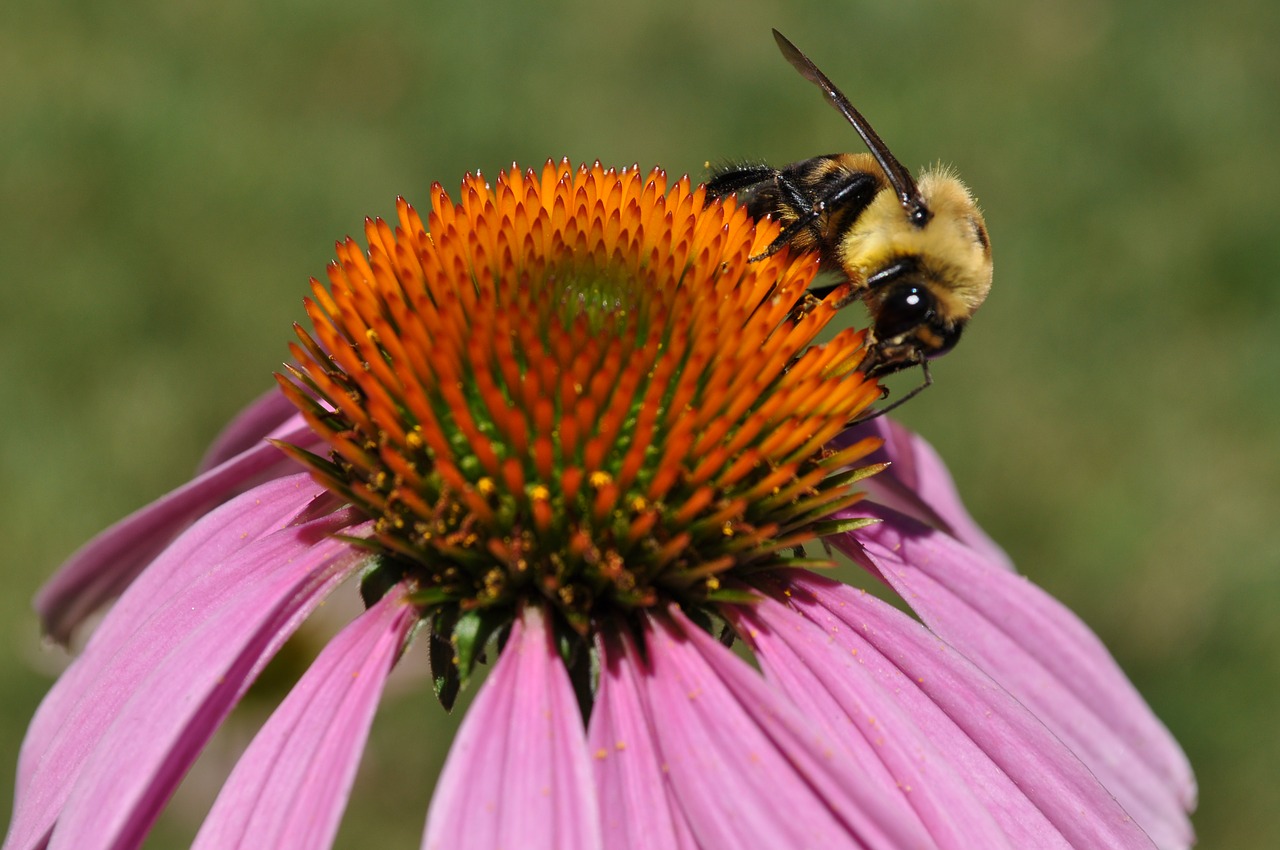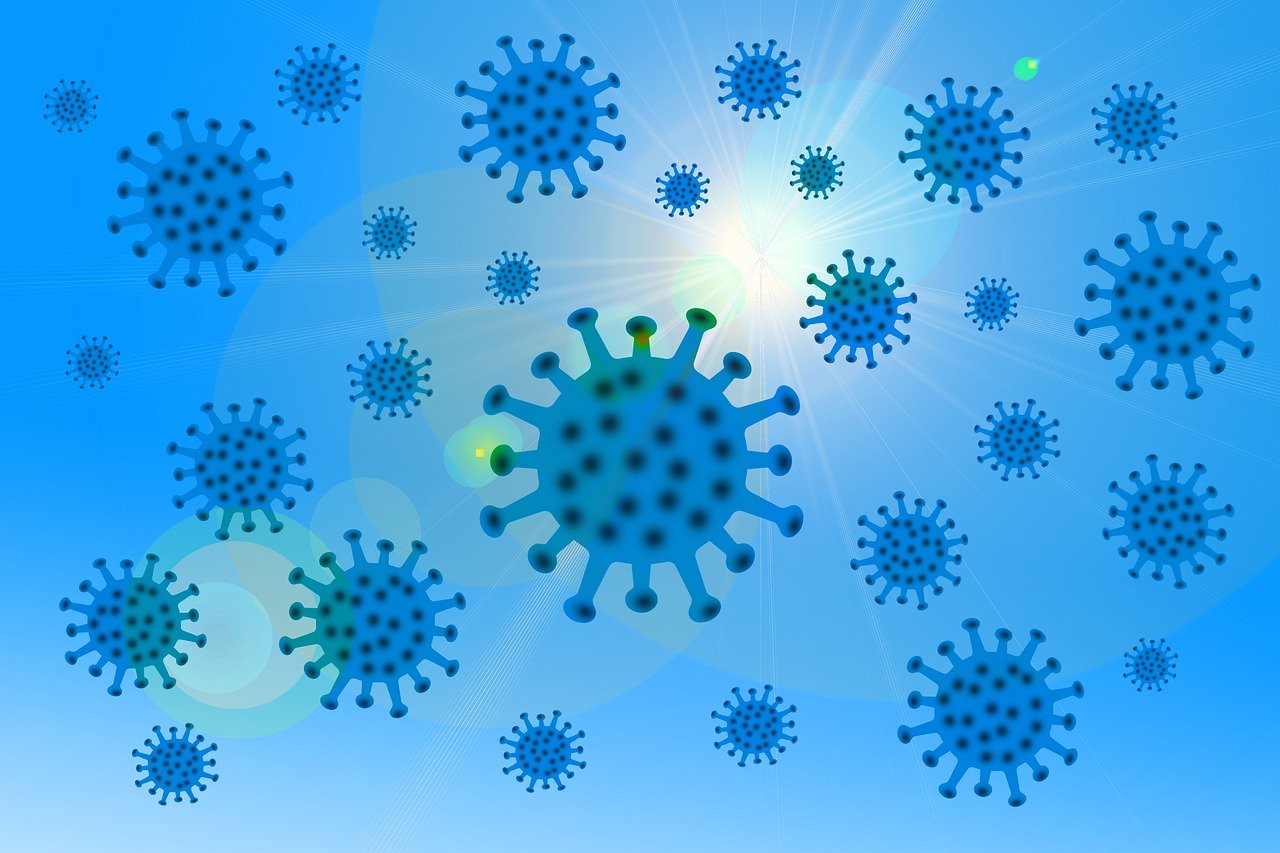Summer is supposed to be the best time of the year when the outdoor activities are open and there is so much fun waiting for everyone. But for an allergy patient, the situation might not be the same as these myths on summer allergies can prevent them to participate in anything.
Here are four common myths on the summer season allergies and how they are a hoax.
Myth#1 Outdoor allergies affect in spring only
Pollen allergy is a severe problem that affects many people. the onset of pollen allergy is highest in spring when it makes a person suffer from a runny nose, water, itchy eyes, etc.
But this seasonal allergy doesn’t mean the spring season only. Allergies are common in summer and fall as well especially if someone is living in an area with high humidity levels.
The mold spores can induce asthma and allergy both. A person who has summer allergies might find it hard to spend time outdoors. But these allergies are manageable with using common over the counter antihistamines and nasal sprays.
Also read- The Second Wave of Coronavirus May Hit UK Soon
If anyone doesn’t want to use medicines and need more specialized treatment, allergy immunotherapy is the right choice of treatment for him. This treatment would make him less sensitive from any allergen that induces a response in his body. However, look around to find a certified allergist while going for allergic immunotherapy.
Myth#2 An allergy patient can’t enjoy swimming
One of the most popular summer allergy myths is that a person who has seasonal allergies cannot enjoy swimming. Usually, the pools use chlorine to disinfect and clean the water which is sometimes an irritant for allergy patients.
But it is not the allergen that could cause an allergic response like dust, mites, and food ingredients. The American College of Allergy, Asthma, and Immunology declares that chlorine is not a common allergen. It also says that it cannot even cause any deadly anaphylaxis response that any other allergen can. However, it might cause some skin irritation or rashes as well as itchy eyes and nose.
But these chlorine related problems are only observant in indoor pools. The outdoor pools and swimming in the lake/sea have no such problems. So yes, an allergy patient CAN swim.
Myth#3 People allergic to mosquitoes should stay inside
Mosquitoes are common in summer but they can’t initiate an allergic response like other insects i.e. honeybee, wasp, etc. Mosquito bites only feel itchy or inflamed but they can not cause any person to have hives or any other skin allergy. Also, mosquito bites can not cause anaphylaxis hence they are not an allergen.
But there is strong evidence that mosquitoes transmit deadly diseases such as the Zika virus. So everyone who wants to spend time outdoor must use a mosquito repellent with DEET in it.
Also read- Can Salt Water Gargles Kill Coronavirus or Not?
Myth#4 People could be allergic to the sun
It is common to see people sneezing while in bright sunlight but it doesn’t mean that someone has a sun allergy. It is not the light that causes allergy but the intensity of light that causes a sneeze reflex action.
This change in light intensity triggers the nerves present inside human eyes and the brain commands other nerves to generate a response. This response is a sneeze which many people mistake as ‘sun allergy’.
It is easy to prevent this light-induced allergy by wearing protective gear such as a sunshade or a hat.
Summer is a time of the yearly fun and it should not be stopped with these fake myths on summer allergies.


